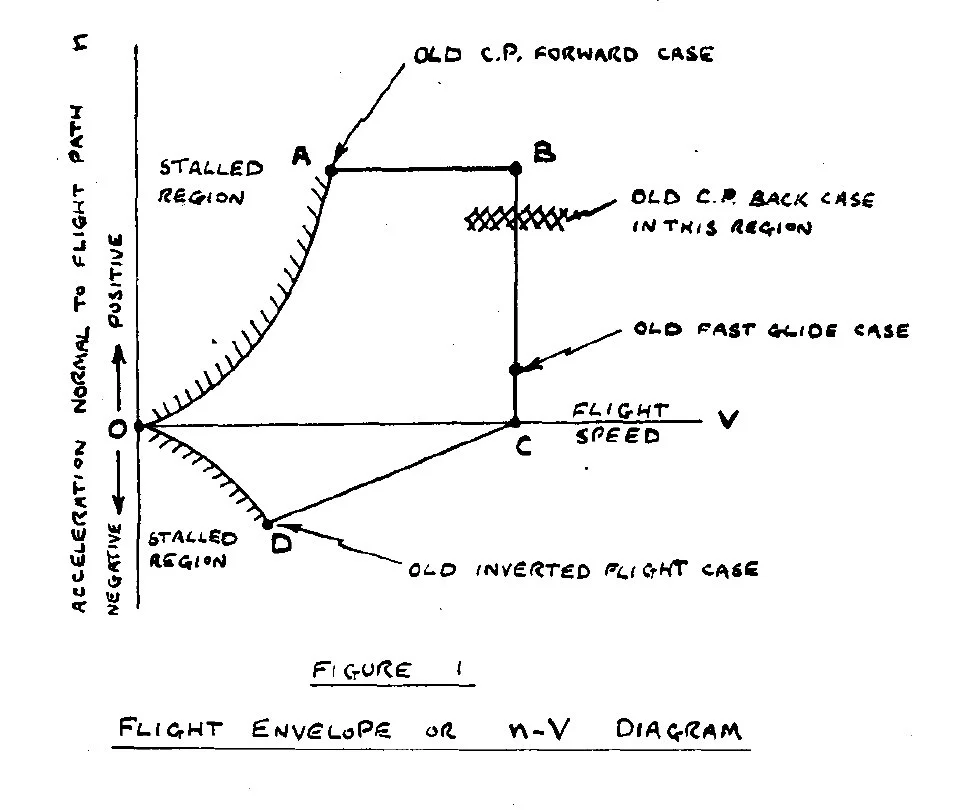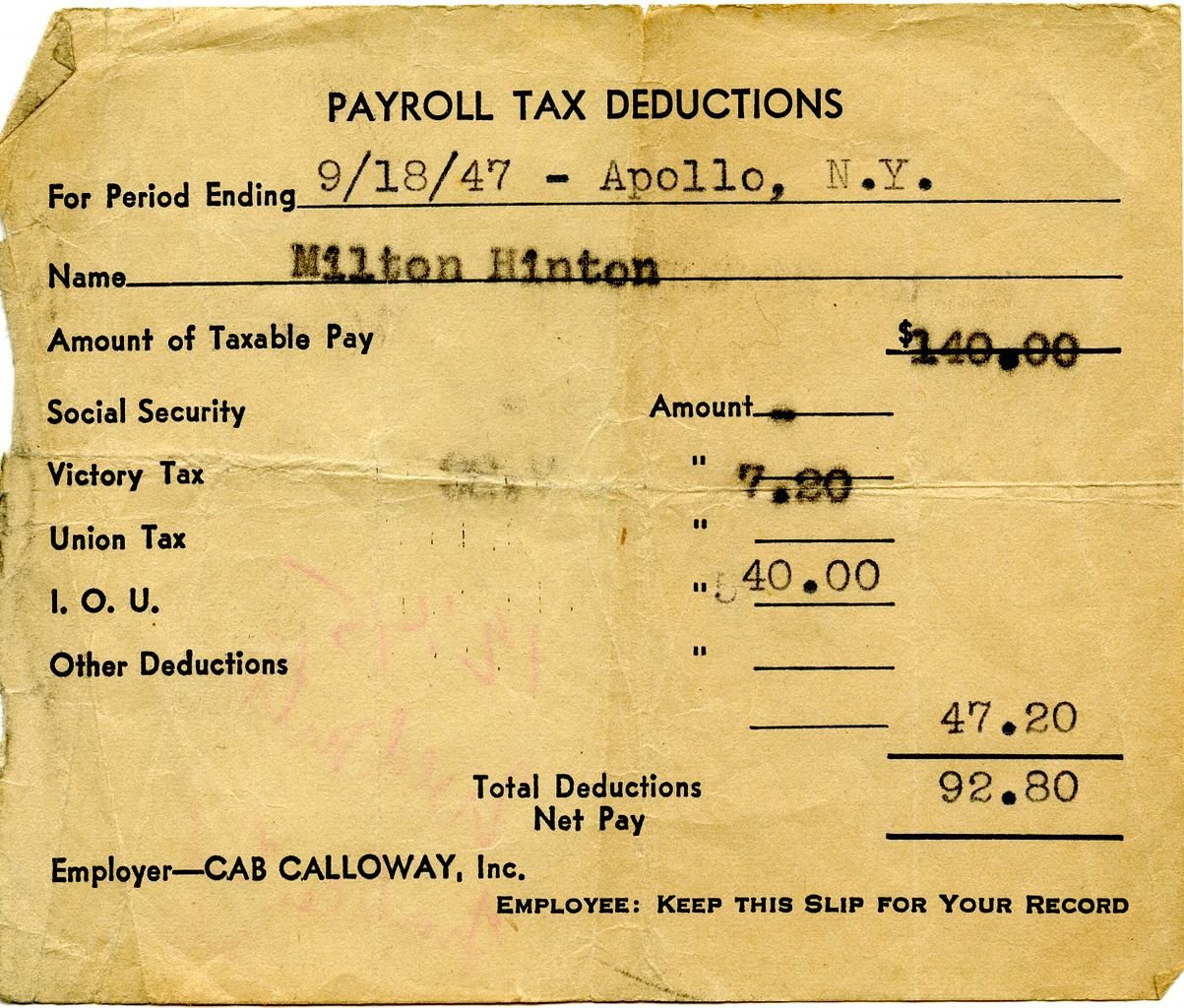15 April 2022
To pony up is a, mostly American, slang phrase meaning to pay what is owed or due. The phrase is common and well understood, but it’s not obvious how a word for a small horse came to be associated with paying debts. And while we know quite a bit about the development of the phrase, there are two mysteries in its early years.
The noun pony, meaning a small horse, is from French, but exactly when it was borrowed is uncertain. It may come from the Anglo-Norman pulein, a word meaning a foal or colt. The word was reasonably common in Anglo-Norman, but its English reflex is rarer. The word appears in English in two fifteenth century texts, including one later manuscript of Chaucer’s The Squire’s Tale, and it appears somewhat more commonly as a surname. The present-day pony could descend from this, the gaps being explained by the word being primarily used orally and by the many medieval manuscripts that have not survived.
The other leading explanation is that it is our current word does not descend from the Anglo-Norman one and its Middle English reflexes. Those were forgotten, and our present-day word is a mid seventeenth-century borrowing from the Middle French poulenet (little foal). The present-day French poney (1752) postdates the appearance of the English word, although unattested earlier use may have influenced the English. Alternatively, the French poney could be a reborrowing into French from English. The Irish pónaí and the Scottish Gaelic pònaidh are borrowings from English.
This later attestation of pony appears in the 18 June 1659 diary of Scotsman Andrew Hay:
About 12 acloak I dyned wt my wiffe who was very unweel all this day. After denner I walked to the mosse & found that the peats were not yet dry. I caused bring home the powny & stugged him. Therafter I did read a litle French book against melancholy becaus my spirit was sad.
(About 12 o’clock I dined with my wife, who was very unwell all this day. After dinner, I walked to the bog & found that the peat was not yet dry. I had the pony brought home and stugged him. Afterward, I read a little French book to counter melancholy because my spirit was sad.)
Stugged, here, is a bit of mystery too. The verb typically means to stab, jab, or poke, which doesn’t make much sense in this context.
Pony would come to mean a sum of money. But how the word for a horse came to be associated with money is the second mystery. The sense may have arisen in gambling circles, from betting on horses, but if so, its development is oral and unattested.
Another plausible and interesting, but in my estimation less likely, explanation is that it is from the phrase legem pone, literally meaning to establish the law but metaphorically meaning a cash payment. This metaphorical meaning comes from the Vulgate Psalm 118:33 (or 119:33 depending on which version of the Bible you consult). The verse reads:
He. Legem pone mihi Domine viam justificationum tuarum et exquiram eam semper.
(He. Establish the law for me, Lord, the way of your justice, and I will always seek it out.)
Psalm 118 is divided into sections, each one headed by a Hebrew letter. Verse 33 starts the fifth section, headed by the fifth letter ה (he). In the monthly psalter cycle, this verse starts the reading for Matins on the twenty-fifth day of the month. And in the sixteenth-century fiscal calendar, the twenty-fifth of each quarter, starting in March, was a date when debts became due. So, the first two words of the fifth section of that psalm, legem pone, became associated with payments due on the twenty-fifth. This is a rather tortuous path of numerological connections, which is why I deem it unlikely, but it is a fascinating explanation nonetheless.
English use of legem pone to mean such a monetary payment dates to the sixteenth century. From William Hendred’s 1508 The Booke of the Pylgrymage of Man:
Yet and nexte hym is moste of power.
A noble Shyryffe and a myghty.
That is callyd bothe fere and nere.
Master legem pone.
One still sees legem ponere in legal usage meaning to propound a law or pay in cash.
The use of pony to mean a sum of money, often twenty-five pounds or guineas—another twenty-five—dates to the late eighteenth century. From Mary Robinson’s 1797 novel Walsingham:
“O! I don’t claim the honour of her friendship,” replied the young adventurer; “I want nothing from her but her rouleaus: and she is so d——d cunning, there is no touching her, even for a poney*.”
And the marginal note reads:
*Half a rouleau, or twenty-five guineas.
And the word is recorded in the 1811 slang dictionary the Lexicon Balatronicum:
Poney. Money. Post the poney; lay down the money.
(Green’s Dictionary of Slang says this usage is in the 1796, third edition of Grose’s Dictionary of the Vulgar Tongue, but that seems to be confusing the different editions of Grose. The Lexicon Balatronicum is a later version of Grose by an anonymous editor.)
And we see the verbal phrase to pony up, meaning to pay, appear in the United States a few years later. From an article in the May 1819 Rural Magazine and Farmer’s Monthly Museum:
The afternoon, before the evening, the fovoured [sic] gentlemen are walking rapidly into the merchant-tailors shops, and very slowly out, unless they ponied up the Spanish.
The Spanish is a reference to the Spanish peso, a.k.a. piece of eight, that was common currency in the Colonies and early United States. (Cf. dollar)
That’s it. Pony is a borrowing from French, but of an uncertain date. And the association with money may come from gambling on horse races, or it may come from numerological association between the liturgy of the psalter and the fiscal calendar. The phrase pony up is an Americanism dating to the early nineteenth century.
Discuss this post







